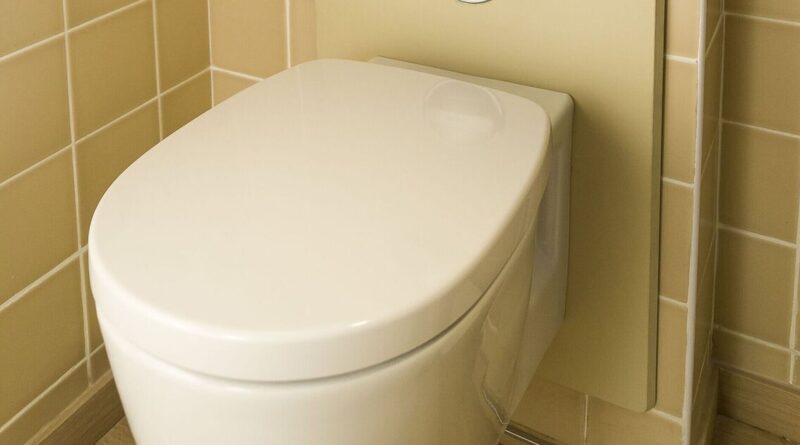Brits putting common object in their toilet at home to keep bills down | Personal Finance | Finance
Brits are resorting to bizarre tactics to cut costs at home, sparking debates over the use of the “big light” and even placing bricks in their toilets.
Despite energy costs typically being lower in summer, UK households are not easing up on their efforts to pinch pennies, with more extreme and unconventional methods being employed to reduce their bills.
A study by clean energy firm egg has shone a light on the lengths Brits are going to in pursuit of sustainable living, driven by the desire to decrease their electricity and gas expenses.
The research, conducted by Prospectus Global, found that nearly half of those surveyed were reluctant to switch on the “big light” in their homes, with the average participant turning it off four times daily when others had left it on. The main reason?
A widespread belief that the “big light” is an unnecessary drain on the electricity bill.
While opinions on the “big light” are split, the survey uncovered various other thrifty measures being adopted across the country.
In Scotland, water costs seemed to be a particular concern; 77% of residents in Edinburgh favour showers over baths, and 73% of people in Glasgow set their washing machines to no more than 30 degrees Celsius.
In Liverpool, 50% of residents prefer to wash their dishes by hand rather than using a dishwasher, while in Norwich, 74% have swapped their traditional oven for an airfryer.
Leicester and Leeds are focusing on energy conservation, with residents making sure to turn off sockets at the wall and ensuring lights are switched off when leaving a room.
Common cost-cutting measures include installing smart meters, with just over half of Sheffield households adopting this method to better monitor their spending.
Nearly half of Oxford residents have opted for double glazing in an attempt to reduce heating bills this winter.
On the more unique side of savings, 27% of Bristol residents grow their own vegetables, while 16% of Londoners place a brick in their toilet cistern to reduce water usage per flush.
However, it should be noted that while this can provide short-term benefits, a brick can quickly start to dissolve and potentially cause damage to your toilet.





